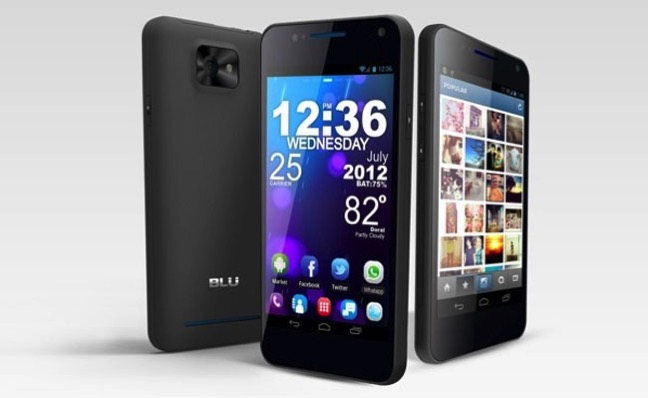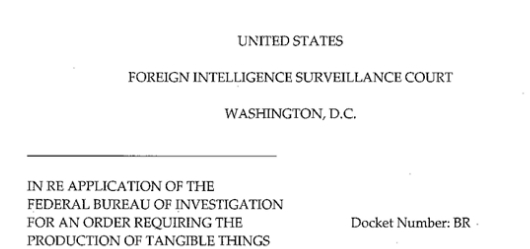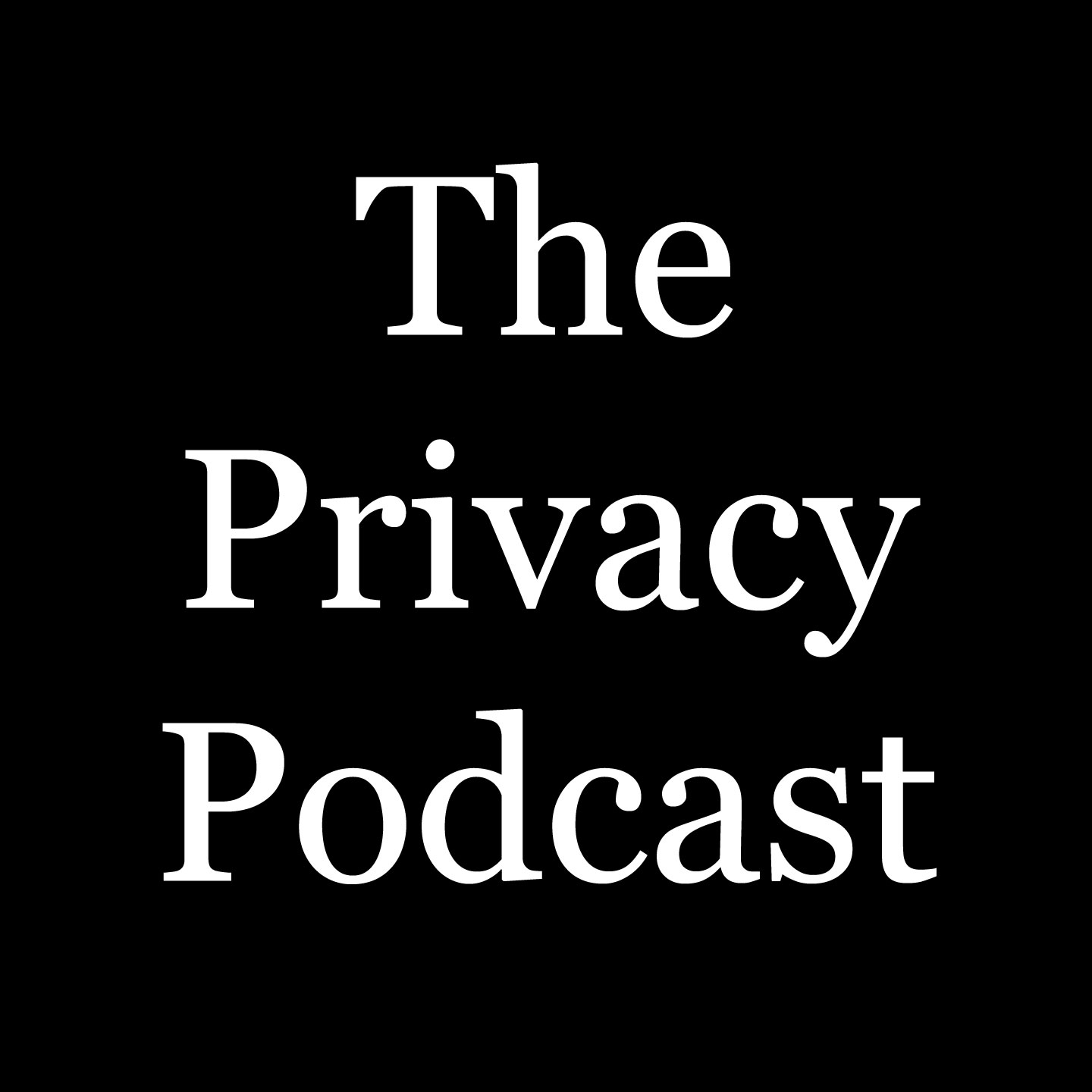 Facial recognition app matches strangers to online profiles | Crave - CNET
Google has adopted a privacy protecting policy of banning facial recognition apps from the Google Glass app store. I appreciate the effort to protect my privacy but facial recognition is probably the ONLY reason I would wear Google Glass.
Facial recognition app matches strangers to online profiles | Crave - CNET
Google has adopted a privacy protecting policy of banning facial recognition apps from the Google Glass app store. I appreciate the effort to protect my privacy but facial recognition is probably the ONLY reason I would wear Google Glass.
I am hopeless at parties or networking events. I have no ability at all to remember names, and I know I am far from alone in this. The ability to simply look at someone and be reminded of their name, our past interactions, and any public information about their recent activities, would be absolute gold.
Obviously I am less enthusiastic about having third party ratings of my intelligence, integrity, hotness, or whatever, popping up to the people looking at me. As usual, humans are in favor of privacy for themselves but not for others.
A new app is coming out soon called Nametag, which is planned to do exactly this. On iOS, Android, and jail broken Glass, you will be able to photograph anyone and, using facial recognition, pull up all available social media information about them.
To opt out you will need to set up an account with NameTag, and I presume you will also need to upload some high quality pictures of yourself so they can recognize you to block the information. Hurm…..
Whatever we all think about this, the capability is clearly coming. The cameras are getting too small to easily detect, high quality tagged photos are everywhere, and the computing power is available.
While citizens have some ability to impact government surveillance cameras and facial recognition, it will be much harder to change course on the use of these technologies with private fixed cameras, phones, and smart glasses. Even if we convince device makers to block these applications, the really creepy people will jailbreak them and install them anyway.
For years I have said that the Internet is the least anonymous environment we inhabit. With this kind of technology, it may soon be much easier to hide yourself online than off. Police really don’t like you wearing masks.
Lance Cottrell is the Founder and Chief Scientist of Anonymizer. Follow me on Facebook and Google+.
 Security firm Kryptowire discovered that at least hundreds of thousands of Android phones in the US are configured to automatically send all text messages, call logs, location information, contact lists and more to servers in China every 72 hours. This is all invisible to the end user.
Security firm Kryptowire discovered that at least hundreds of thousands of Android phones in the US are configured to automatically send all text messages, call logs, location information, contact lists and more to servers in China every 72 hours. This is all invisible to the end user. In two separate cases recently
In two separate cases recently 
 When you think your phone is connected to your wireless provider, you might actually be connected to a rogue tower set up to capture your data.
When you think your phone is connected to your wireless provider, you might actually be connected to a rogue tower set up to capture your data.


 Attorney General's new war on encrypted web services - Security - Technology - News - iTnews.com.au
Australia’s Attorney-General’s department is proposing that all providers of Internet services ensure that they can decrypt user communications when so ordered. Any services where the provider has the keys will obviously be able to do this.
Attorney General's new war on encrypted web services - Security - Technology - News - iTnews.com.au
Australia’s Attorney-General’s department is proposing that all providers of Internet services ensure that they can decrypt user communications when so ordered. Any services where the provider has the keys will obviously be able to do this.



 This is episode 14 of the Privacy Blog Podcast for November,2013.In this episode I talk about:
How your phone might be tracked, even if it is off
The hidden second operating system in your phone
Advertising privacy settings in Android KitKat
How Google is using your profile in caller ID
and the lengths to which Obama has to go to avoid surveillance when traveling.
This is episode 14 of the Privacy Blog Podcast for November,2013.In this episode I talk about:
How your phone might be tracked, even if it is off
The hidden second operating system in your phone
Advertising privacy settings in Android KitKat
How Google is using your profile in caller ID
and the lengths to which Obama has to go to avoid surveillance when traveling.